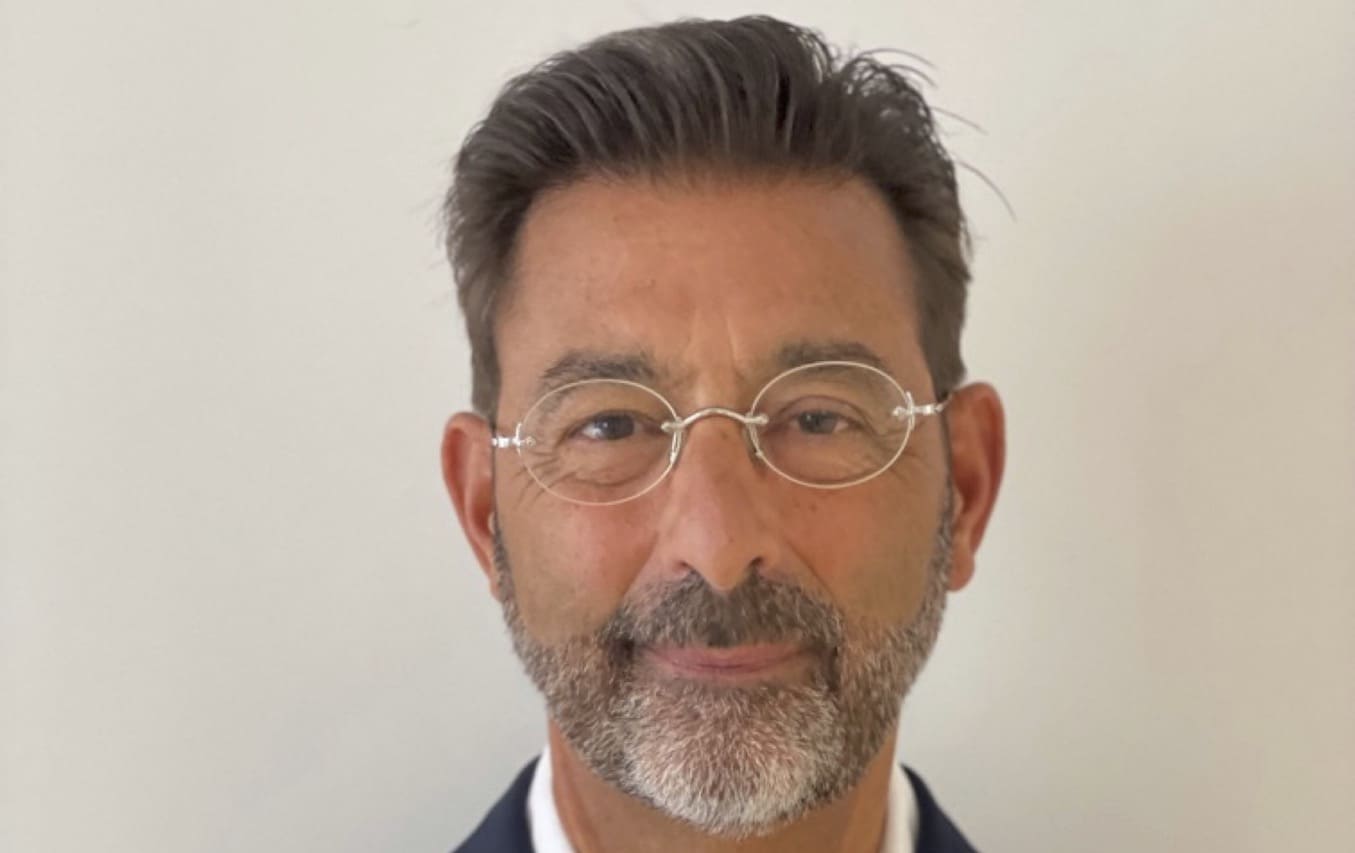With some 35 years of experience in institutional asset management, having been a board member, founder and CEO at some of the biggest names in the industry such as Jupiter, Hermes BPK and Pioneer, Matteo Dante Perruccio is now at the forefront of the crypto asset management world, in his role as President International of Wave Financial (Wave), a SEC regulated digital asset investment manager with more than USD1 billion in AUM.
Perruccio started to take an interest in cryptocurrencies four years ago.
“I had grown disillusioned and bored with the traditional side of the asset management industry as the same questions kept coming up, such as the advantages of active or passive, or value or active,” Perruccio says.
“I felt it was time for the younger people to address these questions again – for the hundredth time – while I got fascinated by cryptocurrencies, initially as a sceptic.”
He fell in with a group that was looking to create a managed account platform for cryptocurrencies, seeking advice on how to build it and giving him the role of ‘resident sceptic’.
“I thought to myself, this is what institutions will look for and I have to have an educated view on it, so I went down the rabbit hole and came out the other side with a light bulb going off seeing this as a seminal change in the financial ecosystem and I wanted to participate in it.”
Perruccio felt that his next challenge was how to get into the crypto industry ‘without blowing up my reputation’ as he puts it. Fortunately, a connection from his days as a VC investor had co-founded Wave and came to him for his international asset management experience.
“It coincided with my desire to get into the industry and what resonated with me was that Wave was the first regulated investment adviser in crypto in the US,” Perruccio says.
Wave’s founders, CEO David Siemer, chief strategy officer Les Borsai and president Benjamin Tsai all understood the importance of being compliant and regulated, Perruccio says. The three founders came from venture capital, traditional finance and entertainment technology backgrounds and Siemer had launched a venture capital fund based on blockchain and cryptocurrencies in 2017.
Wave has three pillars of activity in the crypto space: venture capital in early stage companies in blockchain and cryptocurrencies; providing treasury management and wealth management in managed account structures for large protocols, corporates and UHNWs and third is funds which tend to have evolved from the strategies that have been successful in the treasury traditional asset management space, such as a bitcoin income and growth fund; a DeFi stable asset yield fund, a Beta top five cryptos fund and a NFT fund.
Perruccio is currently working on managing the strategy for an ETP to be launched in Germany, expected at the end of this year or beginning of next. He says that it will be the first of its kind, with unique characteristics. The firm as bought an asset manager in Geneva, giving them a local asset manager licence.
Commenting on the strong ETP sector in Europe for crypto-based products, Perruccio says: “In my opinion, active management in such a volatile asset class as cryptocurrencies has a stronger place for investors than the passive tracker model right now. The behaviour of investors in general is to buy high and sell low and in this particular asset class it can really hurt.”
He cites the speculative run up on bitcoin against which the ETP market boomed up until the onset of the crypto winter earlier this year. “I saw the ETP market boom and it was the worst time to buy bitcoin. I am not sure it’s the right approach for most investors but can see why it appeals from an investment process perspective and as volatility diminishes it will play a greater role as an access product.”
Perruccio has noticed a gradual thaw in the scepticism of his former institutional asset manager colleagues when looking at cryptocurrencies.
“I have been having this conversation a lot in the last few weeks,” he says. “I have gone through the first crypto winter talking with my peers who have mostly been sceptics and those conversations were incredibly frustrating, but then I started having a lot of the institutional conversations during the boom saying this isn’t sustainable so I am not coming in now. But now what is remarkable is that there is more interest from institutional investors than ever before.
“It’s a combination of the fruits of the labour of the last few years and the low market valuations that we are seeing, but they are finally moving.”
As an example of that he cites the signing of a sub-advisory arrangement with a Swiss private bank to manage a crypto portfolio for their clients.
And it’s not just bitcoin – which Perruccio describes as ‘the gateway drug’ to crypto – that interests these managers. “Bitcoin is the one that everyone knows and it’s easier to understand for most institutional investors and it’s reasonably clear that most regulators perceive bitcoin to be a commodity not a security,” he says.
As you go down the ranks of cryptocurrencies by market cap, Perruccio is noting that institutional asset managers are increasingly interested in looking at value in the mid cap token range with Wave recently asked to do a fundamental analysis on tokens that have been beaten down because of the market.
“We are starting to see a more selective approach from institutional investors,” he says.
One of the biggest difficulties for institutional investors in this sector is the absence of data points, he says, also noting a perverse reaction from observers who say: ‘Finally we get to see what this does when things go wrong, and it’s been much more resilient than we expected’.
Investors in cryptocurrencies might also be nervous of unknown added risks in their investments. Perruccio says: “My background in traditional finance and asset management is helpful here. It’s the same as when an investor invests in private debt or medtech or healthcare. Very few investors understand the intimacies of these sectors. However, they put their trust in a regulated experienced provider of that expertise and that has been a harder challenge in this industry.
“It’s a shameless pitch for Wave but we are crypto native, regulated with a focus on compliance and if we don’t get clear answers from cryptocurrency providers, we don’t work with them.”
Finally, Perruccio takes on the big question of whether cryptocurrencies can be treated as an asset class rather than a speculation.
“This is an industry that like any industry in its infancy, like the early hedge fund industry, where the incompetent or the fraudsters get weeded out and we are going through that period in cryptocurrencies.
“There is a whole portion that we define as speculative and a whole part with fundamental characteristics that we can analyse and have views on, and I would argue it’s the same in any asset class – look at emerging markets or investing in Russia. Is that investment or speculation? I think cryptocurrencies are an asset class.”







